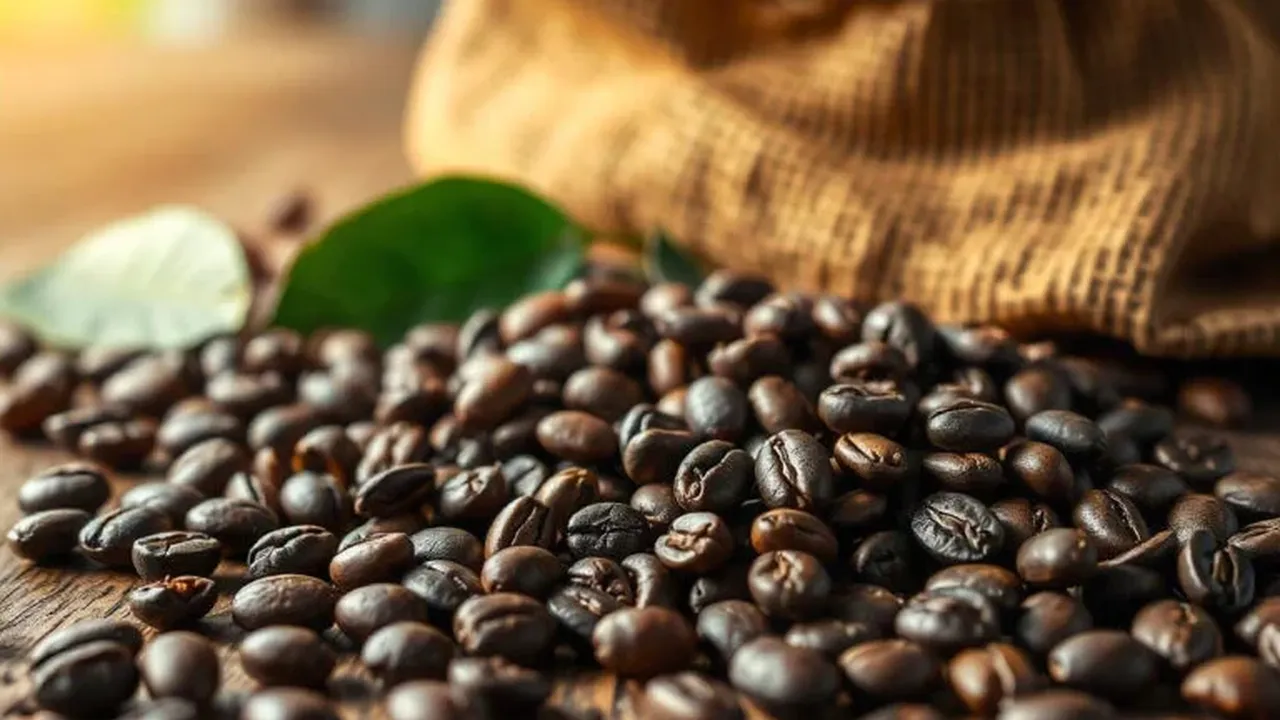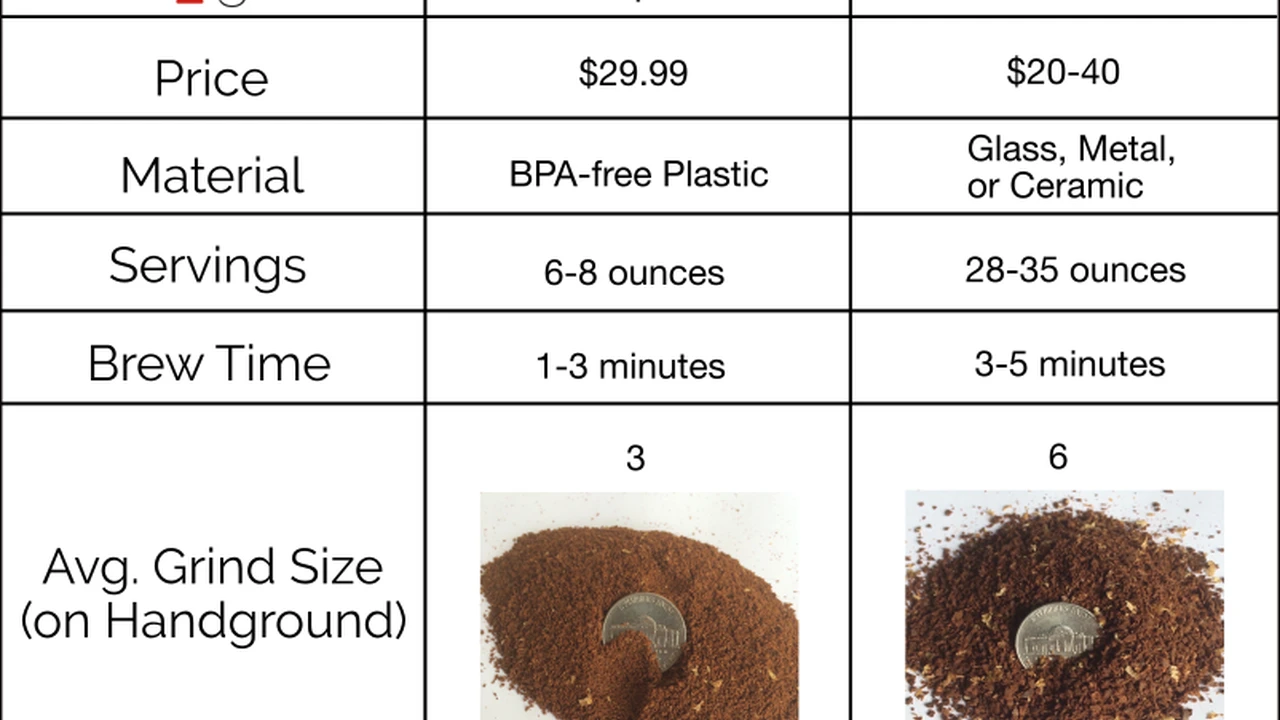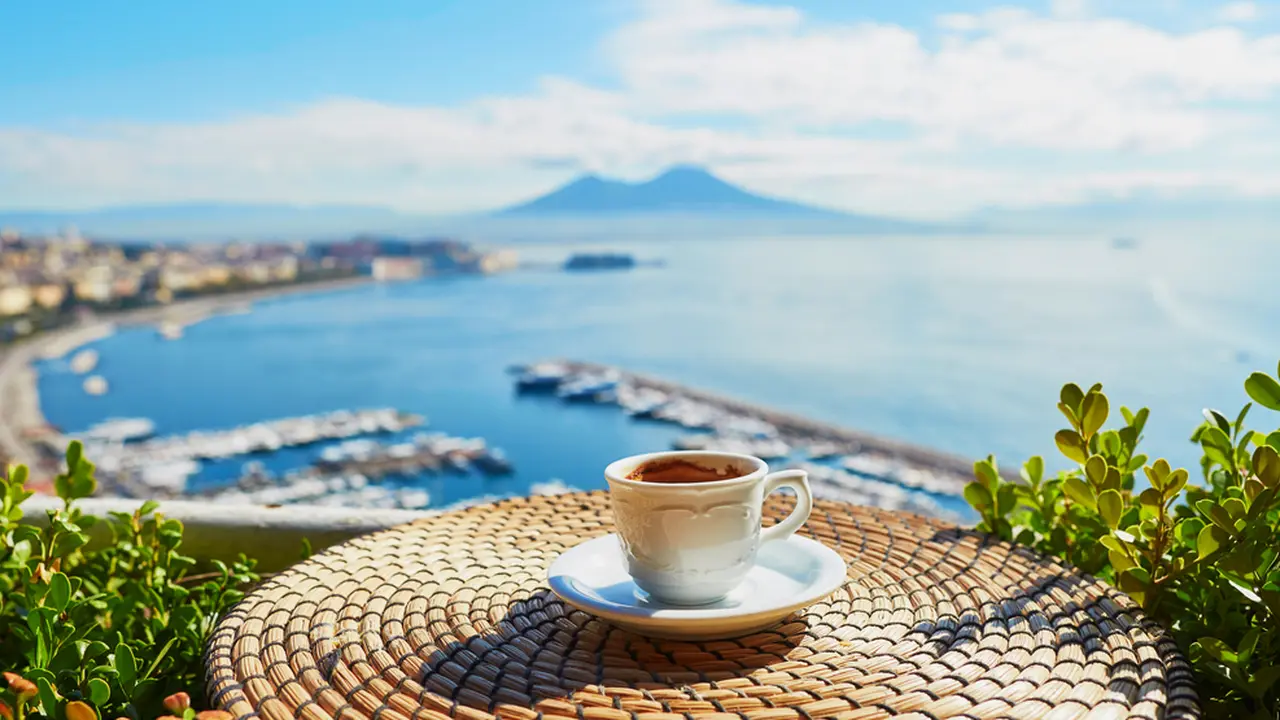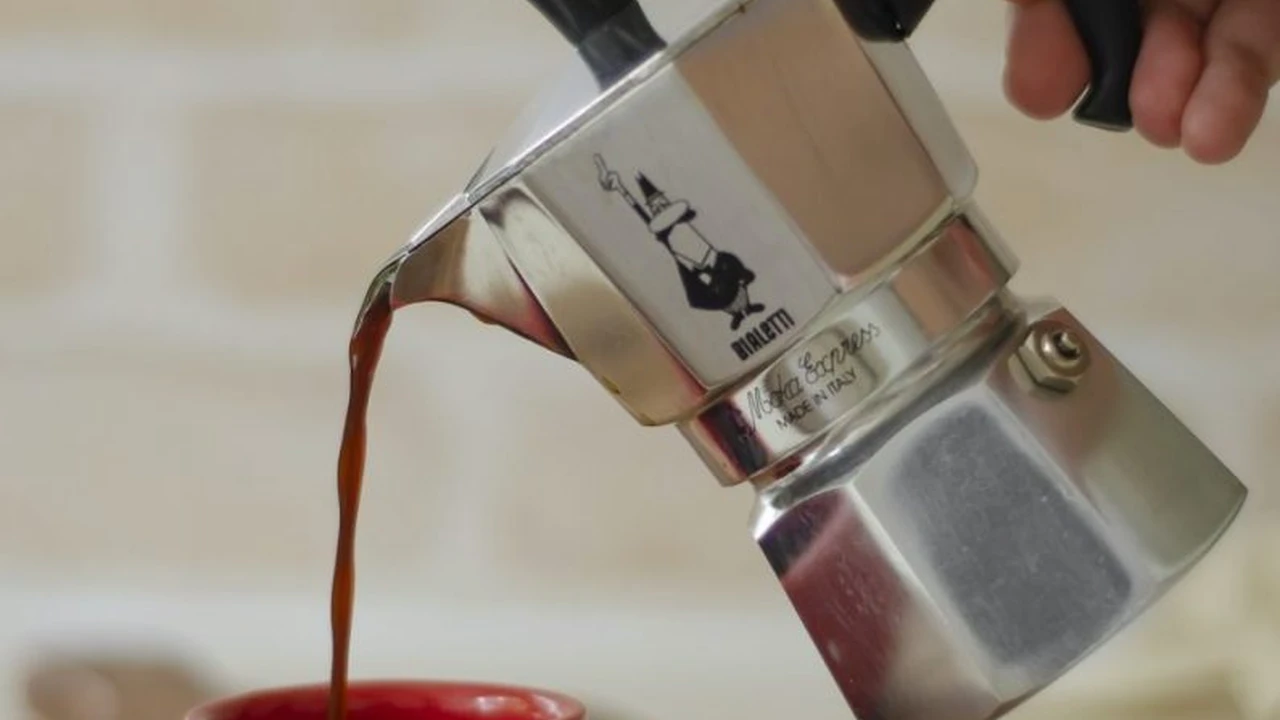Sumatra Coffee: Bold and Earthy Flavor Explained

Sumatra Coffee: Bold and Earthy Flavor Explained. Learn about the unique processing methods that contribute to its distinct taste. Experience the richness of Sumatra coffee.
What Makes Sumatra Coffee Unique The Giling Basah Process
Okay, let’s dive into what makes Sumatra coffee so darn special. It's all about this unique processing method called "Giling Basah," which translates to "wet-hulled." Most coffee-producing regions dry the coffee cherries before removing the parchment layer. But in Sumatra, they do things differently. Farmers hull the parchment while the beans are still wet – hence the name. This gives the beans a distinctive bluish-green hue and contributes to the earthy, full-bodied flavor we all love.
This process isn't just about tradition; it's also about necessity. Sumatra's humid climate makes it difficult to dry coffee beans properly using traditional methods. The Giling Basah process speeds things up and helps prevent mold growth. The result? A coffee that's unlike anything else you've ever tasted.
The Flavor Profile Earthy Bold and Beyond Sumatra Coffee Taste
So, what does Sumatra coffee actually taste like? Think earthy, bold, and complex. You'll often find notes of cedar, tobacco, and spice, with a low acidity that makes it incredibly smooth. Some varieties even have hints of chocolate or caramel, adding a touch of sweetness to the mix.
The low acidity is a real game-changer for those who find other coffees a bit too bright or acidic. Sumatra coffee is gentle on the stomach, making it a great choice for anyone sensitive to acidity. Plus, the full body and rich flavors make it a satisfying and comforting drink, perfect for a chilly morning or a relaxing evening.
Regions of Sumatra and Their Unique Coffee Characteristics Sumatra Coffee Origins
Sumatra is a big island, and different regions produce coffees with slightly different characteristics. Let's take a quick tour:
* **Aceh:** Located in the northernmost part of Sumatra, Aceh is known for its Gayo Mountain coffee. These beans are often full-bodied with earthy and herbal notes. They are often Fair Trade and Organic certified. * **Lintong:** Situated near Lake Toba, Lintong coffee is often described as having a syrupy body with notes of brown sugar and spice. * **Mandheling:** This isn't actually a specific region, but rather a trade name. Mandheling coffee is typically sourced from various regions in northern Sumatra and is known for its complex flavors and full body. Expect earthy notes alongside hints of chocolate and caramel.Brewing Methods to Highlight Sumatra Coffee's Flavor Best Brewing Techniques
To really bring out the best in Sumatra coffee, you need to choose the right brewing method. Here are a few suggestions:
* **French Press:** The French press is a great way to highlight the full body and earthy flavors of Sumatra coffee. The immersion brewing method allows the coffee's oils and sediments to remain in the cup, resulting in a rich and satisfying brew. * **Pour Over:** A pour-over can also work well, especially if you want a cleaner cup. Use a paper filter to remove some of the sediment and oils, resulting in a brighter and more nuanced flavor profile. * **Cold Brew:** Cold brew is an excellent option for Sumatra coffee, especially during the warmer months. The long, slow extraction process results in a smooth, low-acid coffee with a rich and chocolatey flavor.Recommended Sumatra Coffee Brands and Products Sumatra Coffee Recommendations
Alright, let's get down to brass tacks. Here are a few specific Sumatra coffee brands and products that I highly recommend:
* **Volcanica Coffee Sumatra Mandheling:** This is a classic Sumatra coffee with a rich, full body and earthy notes. It's sourced from the Mandheling region and is known for its high quality. Expect to pay around $20-$25 per pound. * **Kicking Horse Coffee, Sumatra Dark:** If you like a darker roast, this is a great option. It has a bold, smoky flavor with hints of chocolate and spice. Plus, it's organic and Fair Trade certified. Expect to pay around $15-$20 per pound. * **Cooper's Cask Coffee Co-op Sumatra Queen Ketiara:** This offering from Cooper's Cask highlights the fruity undertones that a well-processed Sumatran bean can have. Expect to pay around $22-$28 per pound.Sumatra Coffee Use Cases When to Drink Sumatra Coffee
When should you drink Sumatra coffee? Honestly, anytime is a good time! But here are a few scenarios where it really shines:
* **Morning Kickstart:** The bold flavor and low acidity make it a great alternative to brighter, higher-acid coffees. * **After-Dinner Treat:** The rich, full body and earthy notes make it a perfect pairing for desserts or as a standalone after-dinner drink. * **Relaxing Weekend Brew:** Take your time and enjoy the complex flavors and aromas of Sumatra coffee on a lazy weekend morning.Sumatra Coffee vs Other Origins A Comparative Analysis
How does Sumatra coffee stack up against other popular origins? Let's take a quick look:
* **Sumatra vs. Ethiopian:** Ethiopian coffees are known for their bright acidity and floral aromas. Sumatra coffee, on the other hand, is more earthy and full-bodied. If you prefer a lighter, more delicate coffee, go for Ethiopian. If you like a bolder, more robust flavor, Sumatra is the way to go. * **Sumatra vs. Colombian:** Colombian coffees are typically sweet and balanced, with notes of caramel and chocolate. Sumatra coffee is more complex and earthy. If you want a classic, crowd-pleasing coffee, choose Colombian. If you're looking for something a bit more adventurous, try Sumatra. * **Sumatra vs. Kenyan:** Kenyan coffees are famous for their bright acidity and fruity flavors. Sumatra coffee is much less acidic and has earthy, spicy notes. Kenyan beans are great for those who enjoy a vibrant, juicy cup; Sumatran beans will appeal to those who want something more grounded and intense.Sumatra Coffee Pricing Factors affecting the price
Several factors influence the price of Sumatra coffee:
* **Quality:** Higher-quality beans, especially those that are specialty-grade, will command a higher price. * **Certification:** Coffees that are certified organic and/or Fair Trade often cost more due to the added expenses of certification and ethical sourcing practices. * **Roaster:** Different roasters have different pricing strategies. Some roasters may charge more for their coffee due to their reputation, sourcing practices, or roasting techniques. * **Availability:** Supply and demand can also affect the price of Sumatra coffee. If there's a shortage of beans due to weather or other factors, prices may increase.Storing Sumatra Coffee Tips for Freshness
To keep your Sumatra coffee tasting its best, proper storage is key:
* **Store in an airtight container:** This will protect the beans from air and moisture, which can cause them to stale quickly. * **Keep in a cool, dark place:** Avoid storing your coffee beans near heat sources or in direct sunlight. * **Grind just before brewing:** Whole beans stay fresher longer than ground coffee. Invest in a good burr grinder and grind your beans right before you brew. * **Don't store in the freezer (usually):** While freezing *can* extend the shelf life, it's risky. If the beans aren't properly sealed, they can absorb moisture and odors from the freezer. If you do freeze, divide the coffee into single-use portions and seal them in airtight bags. Let them thaw completely before opening to avoid condensation.The Future of Sumatra Coffee Sustainability and Challenges
The future of Sumatra coffee faces both opportunities and challenges. Sustainability is a major concern, as many coffee farmers struggle to make a living and are vulnerable to climate change. Supporting sustainable farming practices and Fair Trade initiatives is crucial for ensuring the long-term viability of Sumatra coffee production. Another challenge is maintaining the quality and consistency of the beans. Investing in training and infrastructure for farmers can help improve processing methods and ensure that Sumatra coffee continues to be known for its unique and delicious flavor.
:max_bytes(150000):strip_icc()/277019-baked-pork-chops-with-cream-of-mushroom-soup-DDMFS-beauty-4x3-BG-7505-5762b731cf30447d9cbbbbbf387beafa.jpg)






